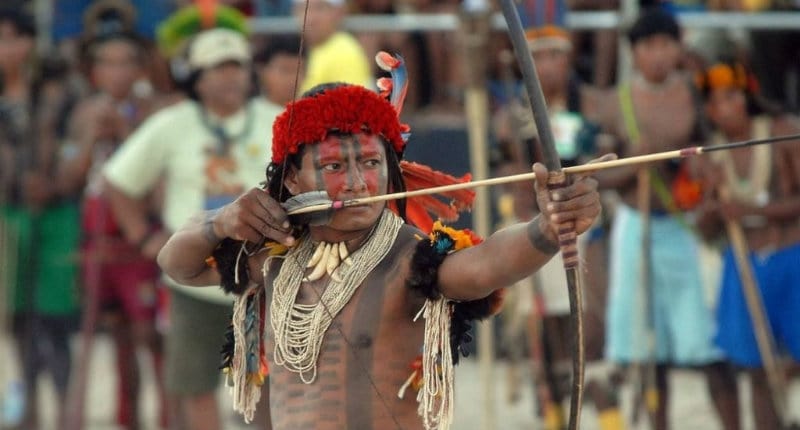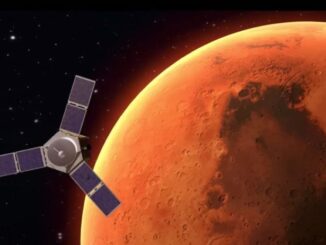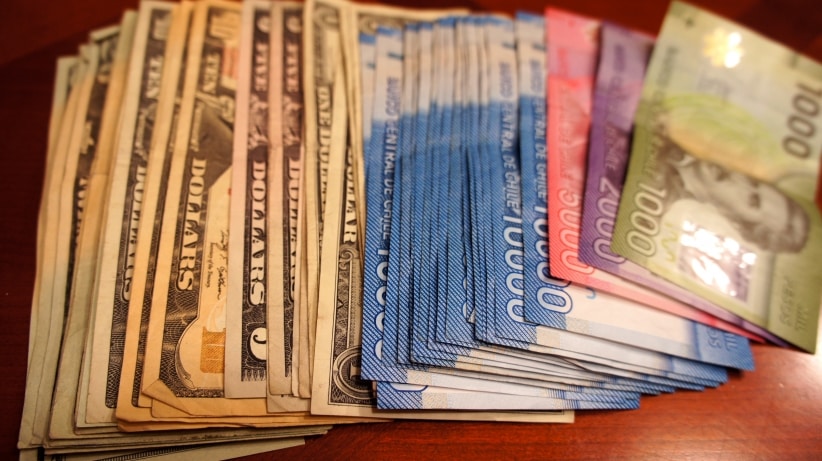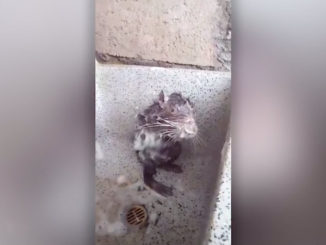
MASKWACIS, Alberta – For many of the athletes who have travelled to Alberta for the World Indigenous Nations Games, it’s as much about competition and culture as it is about supporting one another.
Delegations from 29 countries, with representation from even more Indigenous nations within those borders, took part in the opening ceremonies at Bear Park in Maskwacis on Monday night. The events will also take place in Enoch Cree Nation.
While sporting events like soccer, basketball, lacrosse and spear throwing run until July 9, the WIN Games are as much about coming together as they are about competition.

Games organizer Cara Currie Hall said it has been a “very long road” to get to the opening ceremonies, but the hard work will pay off for participants and spectators.
“The Games are for the world to know that Indigenous people have always been here for thousands and thousands of years,” Currie Hall said.
“It’s time to recognize that moment in history that you’re creating, that you’re a part of, and to really usher us into the next moment.”

On Sunday morning, a number of those who arrived early gathered at Tomahawk Park in Enoch Cree Nation for archery practice. On the sidelines was canoer Atilano Flaco from Embera Quera in Panama.
Flaco is a veteran of the WIN Games, having competed and won a gold medal in the first-ever iteration of the event two years ago in Palmos, Brazil.
‘We come with unity in the different nations — not just in Panama, [but] other nations in Canada,” Flaco explained, through Giuseppe Villalaz, who travels with the team and translates.
Villalaz has been following the reconciliation process in Canada.
“What’s happening with the reconciliation is ‘wow’ for me,” Villalaz said. “This is good.”
In Panama, he said the relationship of Indigenous nations with the government can also be up and down.
Villalaz said when it comes to Indigenous rights, dialogue is contentious, but the government supported sending the delegation of 82 athletes to Alberta.
Sport a common denominator
Areceio Olman, a coach with Paraguay delegation’s soccer team, said through translator Mauricio Rivera that among the 19 different nations from that country, the sport is the common denominator.
Olman said Indigenous communities were playing their own traditional version of soccer long before Europeans arrived.
“It’s used as element of unification of the country to keep everyone together,” Olman said.

Olman said keeping everyone together is key in his country. Guarani, an Indigenous language used in Paraguay, is heard in the parliament and among the non-Indigenous population.
And though sports are a common denominator for Indigenous nations across the world, there are huge differences: like their equipment. For example, when the archers compete, it will be with their own traditional bows and arrows.
But the friendly competition is still there.
Flaco said he hopes to defend his title, but he added that he knows little about Canadian canoes.
“The canoe in Panama is so different,” explained Flaco, who still lives traditionally in a forested area on the edge of Panama City. He’s used to using a canoe as a mode of transportation.



